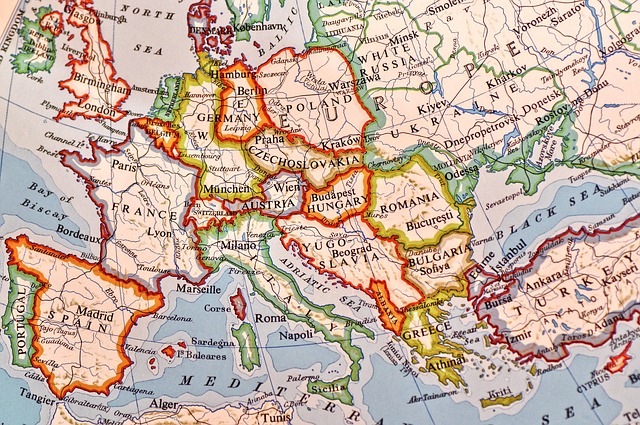In today’s digital age, the landscape of political communication has transformed significantly, with social media at the forefront of this evolution. Gone are the days when political messages were solely disseminated through traditional media channels such as newspapers and television. Now, social media platforms like Twitter, Facebook, and Instagram have become the primary tools for politicians and public figures to communicate directly with citizens.
Social Media Impact
The impact of social media on political communication is profound. For starters, it allows for real-time communication, giving politicians the ability to respond swiftly to current events and public sentiment. This immediacy can energize supporters, mobilize actions, and even shift public opinion instantaneously. Furthermore, social media has democratized political discourse, enabling ordinary citizens to participate in conversations and share their views widely. This sense of community can galvanize grassroots movements, as demonstrated during various protests and elections around the world.
However, with great power comes great responsibility. The influence of social media can also lead to the spread of misinformation and polarizing narratives. Fake news can quickly go viral, often outpacing efforts to correct falsehoods. Political entities may manipulate these platforms to push agendas, making it essential for users to critically evaluate the information they encounter. Understanding the dynamics of political communication in the social media realm is crucial for citizens who wish to navigate this complex landscape responsibly.
The Role of Social Media
Social media has fundamentally changed how we consume news and information about politics. With endless scrolling and easy sharing, users are not just passive recipients of information; they are active participants in shaping the narrative. This shift has given rise to new forms of engagement such as hashtags, threads, and viral campaigns, which can highlight issues that might otherwise remain in the shadows. Platforms have become a space for debate and discussion, encouraging diverse viewpoints and fostering a culture of participation.
This new era of political communication brings both opportunities and challenges. As access to information has improved, there is a growing need for media literacy among the public. Understanding how algorithms work, recognizing biased information, and discerning credible sources are essential skills for anyone engaging in the political landscape shaped by social media.
In this transformative time, citizens wield more power than ever to voice their opinions, mobilize for causes, and demand accountability from their leaders through social media. As we navigate this intricate web of communication, the influence of social media on political communication remains an essential topic for discussion and understanding.




